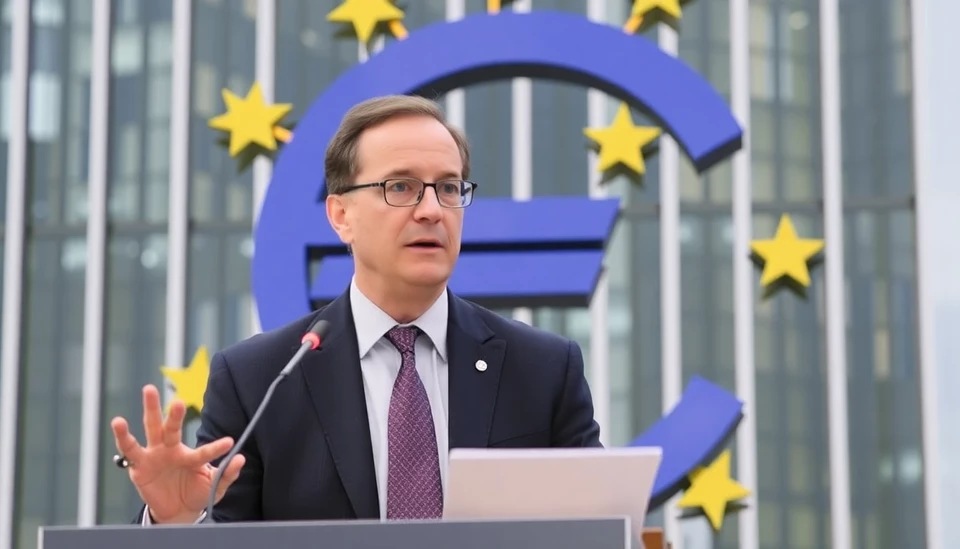
The European Central Bank's (ECB) Vice President, Boris Vujcic, recently raised concerns about the potential for rising inflation as a result of increasing global deglobalization. Speaking at an economic forum in Frankfurt, he called for fervent action among policymakers to counter the adverse effects of this trend. Vujcic pointed out that the shift towards deglobalization could undermine the economic stability that has characterized Europe over recent decades.
Deglobalization, the process by which countries begin to retract from global trade agreements and decrease reliance on international supply chains, has been gaining momentum in recent years. Vujcic emphasized how this shift could result in higher costs for goods and services, eroding purchasing power and ultimately contributing to stagflation—marked by stagnant economic growth and high inflation.
During his address, Vujcic expressed concerns that a break from global supply chains, prompted by geopolitical tensions and economic nationalism, might lead to critically needed goods becoming scarcer. Such limitations on supply are traditionally followed by price increases that could strike at the heart of European economies, which rely heavily on imports for crucial materials and goods.
Additionally, Vujcic highlighted the latest economic indicators showing a worrying uptick in inflation rates across the Eurozone. These figures illustrate that while the central bank has made strides in controlling inflation through monetary policy, persistent supply chain issues and rising commodity prices remain significant threats. He cautioned that underestimating these inflationary pressures could lead to increased market volatility and justified reconsideration of monetary strategy.
"We must remain vigilant," Vujcic urged, "as the current trajectory of shifting economic paradigms could push inflation rates beyond what is manageable." He called on other central banks to share data and approaches to tackle the challenge effectively, stressing the critical need for collaboration and holistic solutions in the face of deglobalization.
Experts continue to monitor these developments closely, with many agreeing that proactive measures are essential to mitigate potential fallout. Vujcic's remarks signal that this economic phenomenon is not merely a temporary shift but has deep-rooted implications that could redefine the global trade landscape for years to come.
As the situation unfolds, market participants and policymakers will be keenly focused on any shifts in the ECB's monetary policy stance based on these considerations and the broader economic climate.
In conclusion, Boris Vujcic's warnings serve as a crucial reminder of the intricate balance required to sustain economic health in an ever-evolving global environment. Stakeholders must be prepared to navigate the complexities of a world increasingly distancing itself from globalization.
#ECB #Inflation #Deglobalization #EconomicPolicy #Vujcic #Eurozone #SupplyChains #Stagflation
Author: Laura Mitchell




